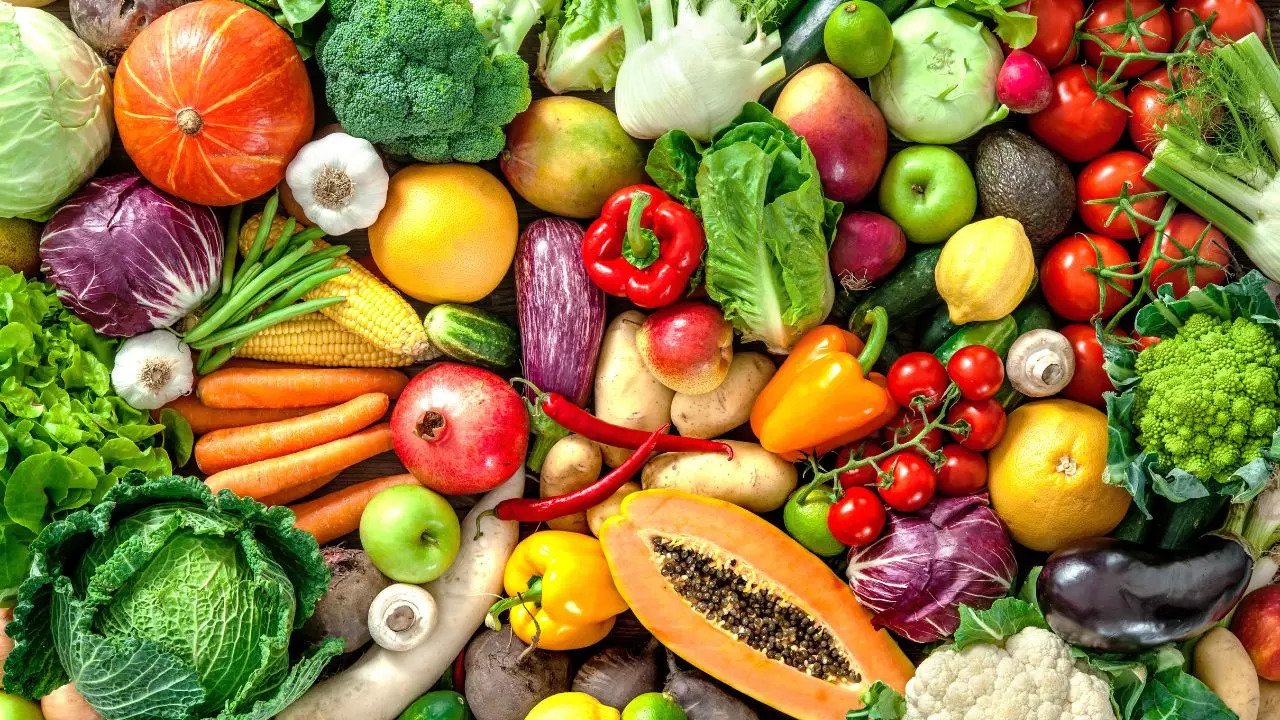Blood pressure treatment: Study says following a diet rich in fruits and vegetables can help lower blood pressure
A recent study found that a diet rich in fruits and vegetables can help lower blood pressure levels, reduce the risk of heart disease, and improve kidney health. The Dietary Approaches to Health (DASH) diet rich in fruits and vegetables is recommended as a first-line treatment for primary hypertension. Read on to learn more about the study.

Following a diet rich in fruits and vegetables can help lower blood pressure
A new study says that fruits and vegetables are an important part of hypertension treatment. The study highlights that a diet rich in these foods can help lower blood pressure levels, reduce the risk of heart disease and also improve kidney health. The study was published in The American Journal of Medicine and the results were taken from a five-year interventional randomised control trial.
high blood pressureAlso known as hypertension, it is a condition that affects the arteries of the body. When a person has high blood pressure, the force of the blood pressing against the artery walls is high. This ultimately forces the heart to work harder and can affect heart health in the long run. In general, high blood pressure is a blood pressure reading of 130/80 millimeters of mercury (mm Hg) or higher.
Despite efforts to improve the treatment of hypertension with pharmacological strategies, hypertension-related chronic kidney disease and cardiovascular mortality rates are increasing. Cardiovascular disease remains the leading cause of death for patients with chronic kidney disease.
The Dietary Approaches to Stop Hypertension (DASH) diet, which is high in fruits and vegetables, is recommended as first-line treatment for primary hypertension. However, despite supporting data, it is often under-prescribed and under-implemented. A diet rich in fruits and vegetables is associated with lower blood pressure, reduced progression of chronic kidney disease, and reduced cardiovascular disease risk and mortality.
“Studies in our patients have shown that an acid-producing diet (high in animal products) is harmful to the kidney, whereas a base-producing diet (high in fruits and vegetables) is beneficial,” says Donald E. Wesson of the Dell Medical School of the University of Texas. “We hypothesized that fruits and vegetables are healthier for both the kidney and the heart because they reduce dietary acids.”
For the study, researchers analyzed hypertensive patients with macroalbuminuria, a marker of chronic kidney disease and cardiovascular risk. The participants were divided into three groups; one group was including 2-4 cups of fruits and vegetables in their daily diet, another was taking sodium bicarbonate (NaHCO3) tablets and a control group was receiving standard medical care.
The results showed that both fruits and vegetables and NaHCO3 improved kidney health, but only fruits and vegetables reduced blood pressure and cardiovascular disease risk. “Fruits and vegetables achieved these benefits with a low dose of medication, which supports their use as a basic treatment for hypertension,” said co-investigator Maninder Kahlon, PhD.
Dr. Wesson said dietary interventions are effective for managing chronic diseases and should be prioritized. “We must increase efforts to incorporate healthy diets into patient management and make them more accessible to at-risk populations,” he said.
(With inputs from IANS)
Get the latest news live on Times Now, along with breaking news and top headlines on diet, health and more from around the world.


